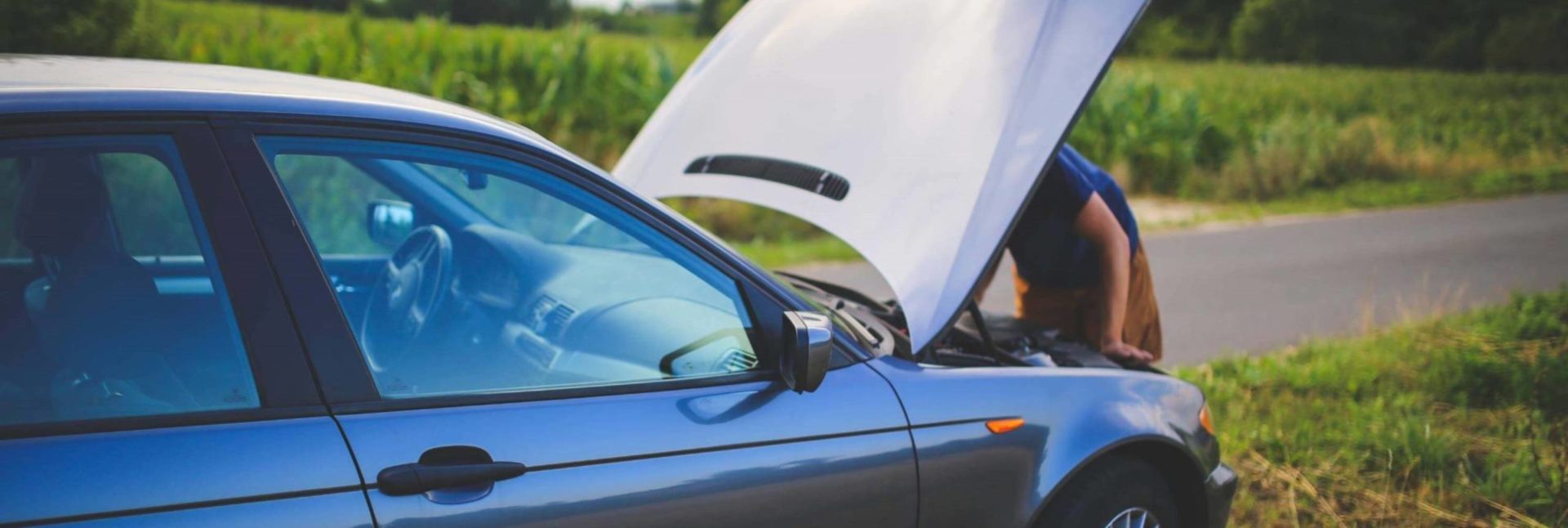Once you have passed your driving test and you are officially out on the road, it is your responsibility to make sure your vehicle is always safe to drive, or ‘roadworthy’. At our Crash Course Driving school, we make sure to drill this into our students, as performing regular vehicle safety checks can help you avoid breakdowns and keep yourself and others safe on the road.
Many people tend to skip the basic checks and end up paying for it later, so carry on reading to see how checking your vehicle is easier than you think by using FLOWER.
FLOWER Checks
If you haven’t heard of FLOWER before, it’s one of our favourite ways to remember the 6 essential checks you must undertake on your vehicle to make sure it is roadworthy. So, what does it stand for?
Fuel
The first check may seem obvious, but make sure to check you have enough fuel for your journey. Not only will you save money by using your local petrol station, but you also won’t unexpectedly run out during your trip. You should be checking this before the start of any journey – it’s quick and easy!
Lights
There are multiple lights on your car that’ll need to be checked weekly to ensure you can clearly see the road and help other drivers see you. You don’t want to be pulled over for a defective light, so make sure to check these regularly.
- Put your headlights and hazard lights on, walk around your car and check for any burnt out bulbs, dimmed lighting or other issues.
- Get the help of a friend, put your foot on the brake and make sure your brake lights are working. You’ll also want to check your reverse and fog lights.
Oil
A car engine needs a good supply of oil to run safely and smoothly. This is a quick check which can save you a large repair bill, so make sure to check your oil weekly.
You’ll need to do this when your engine is cold, parked on a level surface and turned off. Get yourself a tissue or scrap material, pull out your car’s dipstick, give it a wipe and then replace it. Take it out again, and make sure the oil level is between the two acceptable markings on the dipstick. If it’s too low, you will need to top it up with the correct oil for your vehicle before you drive anywhere.
Water
Water, lubricants and fluids have a big part to play in the smooth running of your vehicle by helping to control the temperature of the engine. Again, make sure to check this weekly and whilst the engine is cool.
- Check the coolant level and fill up if necessary
- Check to see if you need more screen wash – you don’t want to be driving with bad visibility and no screen wash to help.
Electrics
Did you know battery problems are one of the most common reasons for callouts? Be aware of the condition of your battery and head to a professional if you have any doubts. You’ll find the majority of battery problems arise in the Winter, so bear this in mind in the cooler months.
Rubber
The final essential vehicle safety check is your windscreen wipers and tyres. For your wipers, make sure the rubber isn’t worn out and is still able to keep your screens clean without leaving any marks that may reduce visibility. When it comes to checking your tyres, you’ll need to check your vehicle handbook for the required measurements/pressure. Make sure to check:
- Tyre pressure
- Uneven wear
- Tread depth
- Any cuts, nicks or bulges that may put you at risk of a tyre blowout
Doing these quick, 10-15 minutes checks will not only save you money but also keep you and other drivers safe. It’s easy to keep putting these checks off, but trust us, they’re worth making time for. If you’re looking to learn how to drive quickly and efficiently, our Driving School Peterborough will give you the confidence you need to get out on the road safely and smartly. Get in touch and book online with GoGoGo today.
